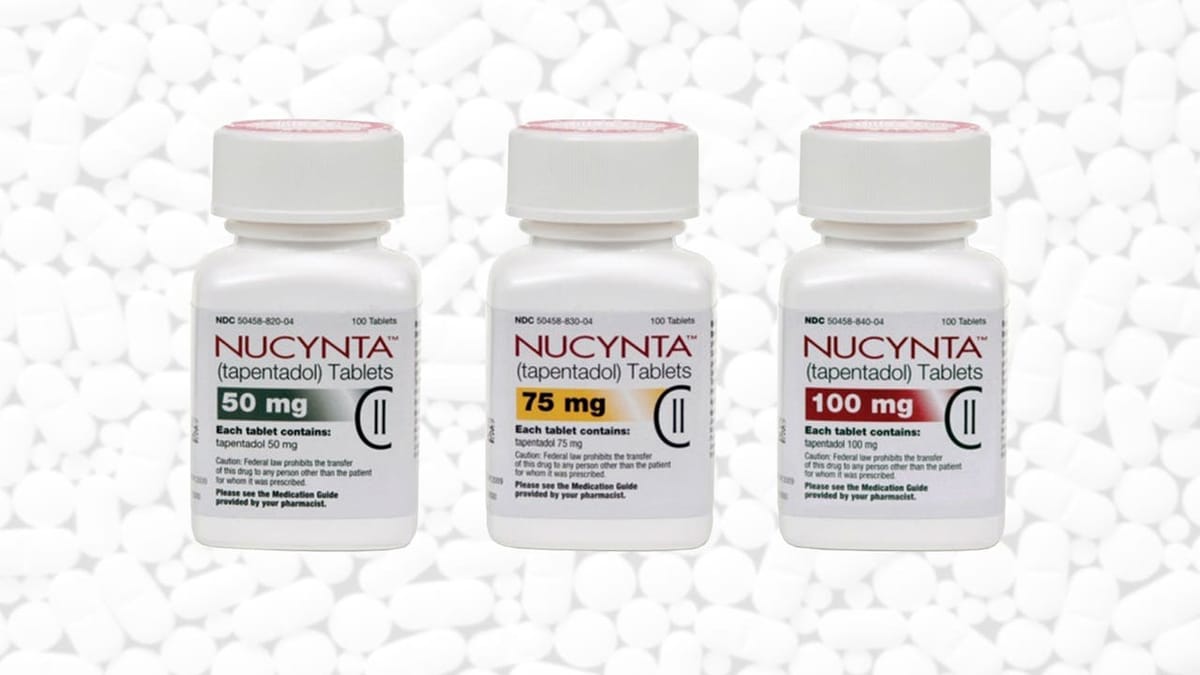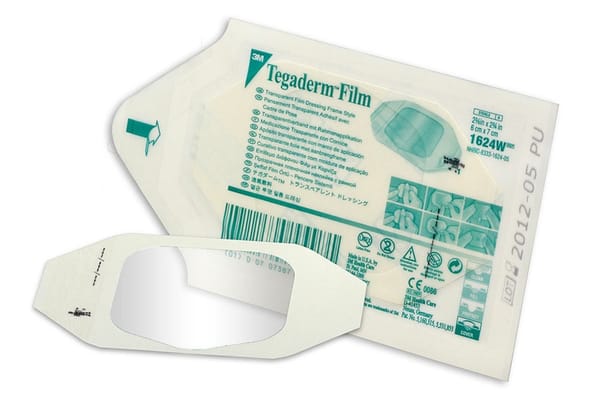UCI Alerts Teams About Tapentadol, a Painkiller "Ten Times More Powerful Than Tramadol"
The UCI has raised concerns about tapentadol, a powerful painkiller potentially being misused in pro cycling to mask fatigue, urging teams to stay vigilant.

The UCI is raising alarms about the potential misuse of tapentadol, a painkiller reported to be ten times more powerful than tramadol, in professional cycling. This powerful substance, typically prescribed for severe osteoarthritis and bone cancer, has caught the attention of cycling's governing body due to its potential to mask fatigue during races.
Growing Concerns Over Tapentadol
Le Temps, a Swiss newspaper, recently broke the story, highlighting the UCI's ongoing concerns about the drug's potential use in pro cycling. The UCI has been proactive, obtaining permission from the World Anti-Doping Agency (WADA) to place tapentadol on its monitoring program at the end of 2023, anticipating a possible future ban.
Last month, the UCI alerted representatives of riders, teams, and organizers about the situation. The Movement for Credible Cycling (MPCC) has echoed these concerns, urging for an immediate ban on tapentadol. The MPCC emphasizes the moral implications and the potential side effects of the drug, such as reduced alertness, dizziness, and drowsiness, which could increase the risk of crashes.
Tapentadol vs. Tramadol
Introduced by German pharmaceutical company Grünenthal in 2011, tapentadol is designed for extreme pain management. The UCI's assertion that it is "ten times more powerful" than tramadol is still up for debate. A 2012 study published in Expert Opinion on Pharmacotherapy suggested it might be "two to five times more powerful."
The concern is not just theoretical. Tramadol, banned in 2019, had a significant impact on the sport. In 2022, Colombian cyclist Nairo Quintana was disqualified from the Tour de France after tests revealed the presence of tramadol in his system. Although it was his first offense, the incident underscored the potential for misuse of powerful painkillers in the sport.
The Call for Action
Roger Legeay, president of the MPCC, stresses that healthy athletes do not need such strong therapeutic products. The UCI's proactive stance aims to prevent a repeat of the tramadol scenario, which took over a decade to ban. The cycling community is now urging for faster proceedings to outlaw tapentadol and protect the integrity of the sport.
Michael Barry, a retired professional cyclist, has also voiced concerns about the ethical administration of medication in teams, recalling his experiences with Team Sky. His admissions reflect the ongoing battle against doping in professional cycling and the importance of strict regulations and vigilant monitoring.
The UCI's efforts to combat potential doping with tapentadol are part of a broader mission to ensure fair competition and athlete safety. As the situation develops, the cycling world watches closely, hoping for swift and decisive action against any substances that could compromise the sport's integrity.
Stay tuned for more updates on this developing story and the UCI's ongoing fight against doping in professional cycling.





